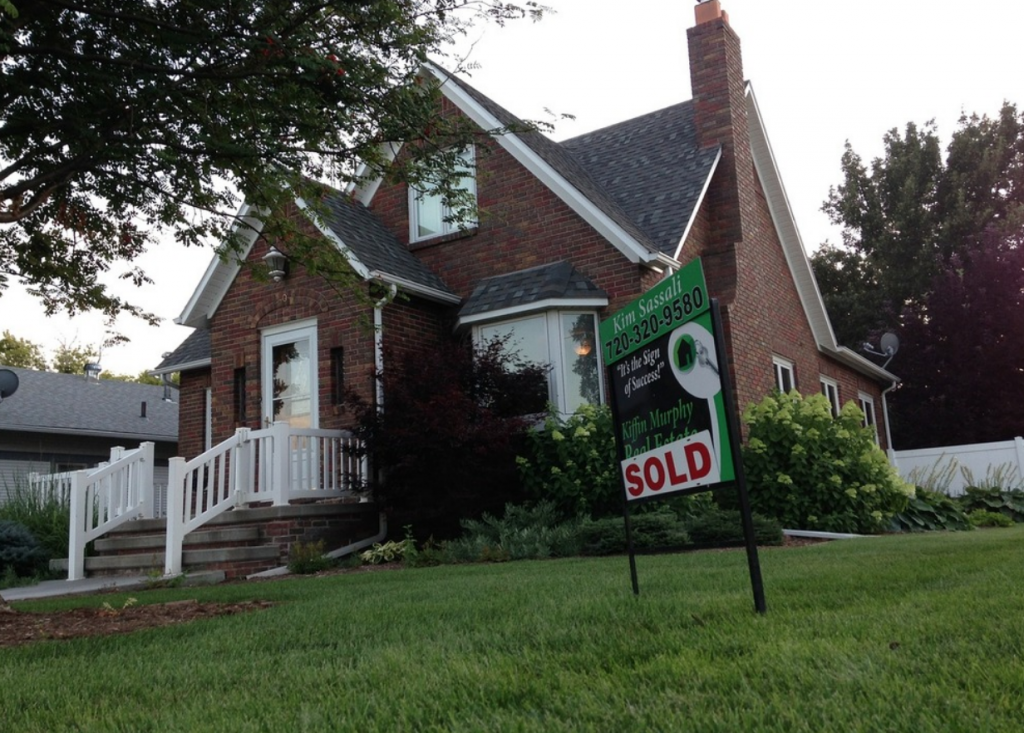Making as important an investment as buying a home calls for a level head. There is a good chance that you will get lots of opinion from all sorts of parties. You know, your Uncle Joe who still leaves in his very first apartment down the street or your millennial cousin who is so “over dealing with the rat race” and thinks to buy a home is bowing to the man or worse yet, the corporations.

While every piece of advice you can get serves a purpose, when it comes to huge investments like buying a home, prudence dictates that you listen to people who know their stuff. Realtors, home improvement professionals and companies that offer home warranty all know what it takes to make a good home investment. That being said, here are some important factors to consider when looking to invest in your first home in 2019.
Important Factors to Consider Before Buying a Home in 2019
1. What Size Home Do You Need?
Needing and wanting are two very different things. We all want a 16-bedroom mansion in Malibu but do we really need it? Chances are no. You need to decide what size home you need based on a few factors:
- The size of your family.
- The future plans you have for the growth of that family.
- What size house you can more comfortably manage.
- How big of a house can you afford?
Try not to buy something that is more than one and a half time what you currently have or realistically need. That just means more space to maintain and as an effect more money.
2. How Are You Going to Pay for It?
Unless you are paying for your house in cash, it’s important to consider your loan options. Getting pre-approved for a mortgage will give you a good idea on what the market thinks you can afford and as such, what size house you should be considering. You also need to consider the fact that you will need a down payment. In many cases, this should be at least 20% of the price but it varies from government FHA loans to private lenders. You can also try if you can qualify for a USDA home loan with more flexible interest rates and no actual down payments by checking the USDA property eligibility.
3. Will You Need a Home Warranty?
There are some important questions you need to ask yourself. For example, what about your home warranty? What kind of mess did the home inspection uncover and how much will you need to spend after you buy the house to make it habitable for your family? These are all additional expenses that need to be calculated.

4. How Close is it to Your Work and Schools
You need to ensure that the routes to your work are convenient enough. You also need to look at the types of schools around for your kids to attend. Find out about the state of public transportation and try making a dry run to see whether or not this location will be convenient for your family.
5. Age of The House
Older houses tend to need more work more frequently. On the plus side, they tend to be cheaper to purchase initially. You need to decide which is more important to you. If you have a good warranty plan, then the age of the house should be that much of an issue.
6. Kitchen Layout
This is where you will spend most of your time as a family and it needs to be spacious and comfortable enough for everyone.

7. The Condition of the Appliances
The one thing that most people tend to forget when buying a new home is the state of the appliances. People often assume that they will just buy new stuff when they need to. This can get expensive and it’s important to ensure that the home appliances are in good shape or that you at least have a good warranty plan.
8. Why is the Seller Selling?
In your excitement to buy the new house, you might forget to ask yourself why the seller is selling. In most cases, people sell because they are moving to a bigger house or because they NEED to sell. Some people sell because it’s their core business to flip houses. However, there are people that sell to get rid of a bad investment. You need to know why they are selling so you don’t get stuck with a bad investment.
9. Location, Location, Location
It’s not all about its proximity to a shopping centre, good schools and to your work. It’s also about how attractive an offer it would be should you ever want to sell. Location is important because of all these reasons.
10. Do You Really Need to Buy the House?
There is a school of thought that renting is much cheaper and more convenient than buying a house. Both modes of investments have their merits and demerits. It’s up to you to decide what your family needs and what your financial goals can allow.
Buying a home can be an excellent decision or it could be a bankrupting one. Consider your options wisely before you make the investment.
















Add Your Comment